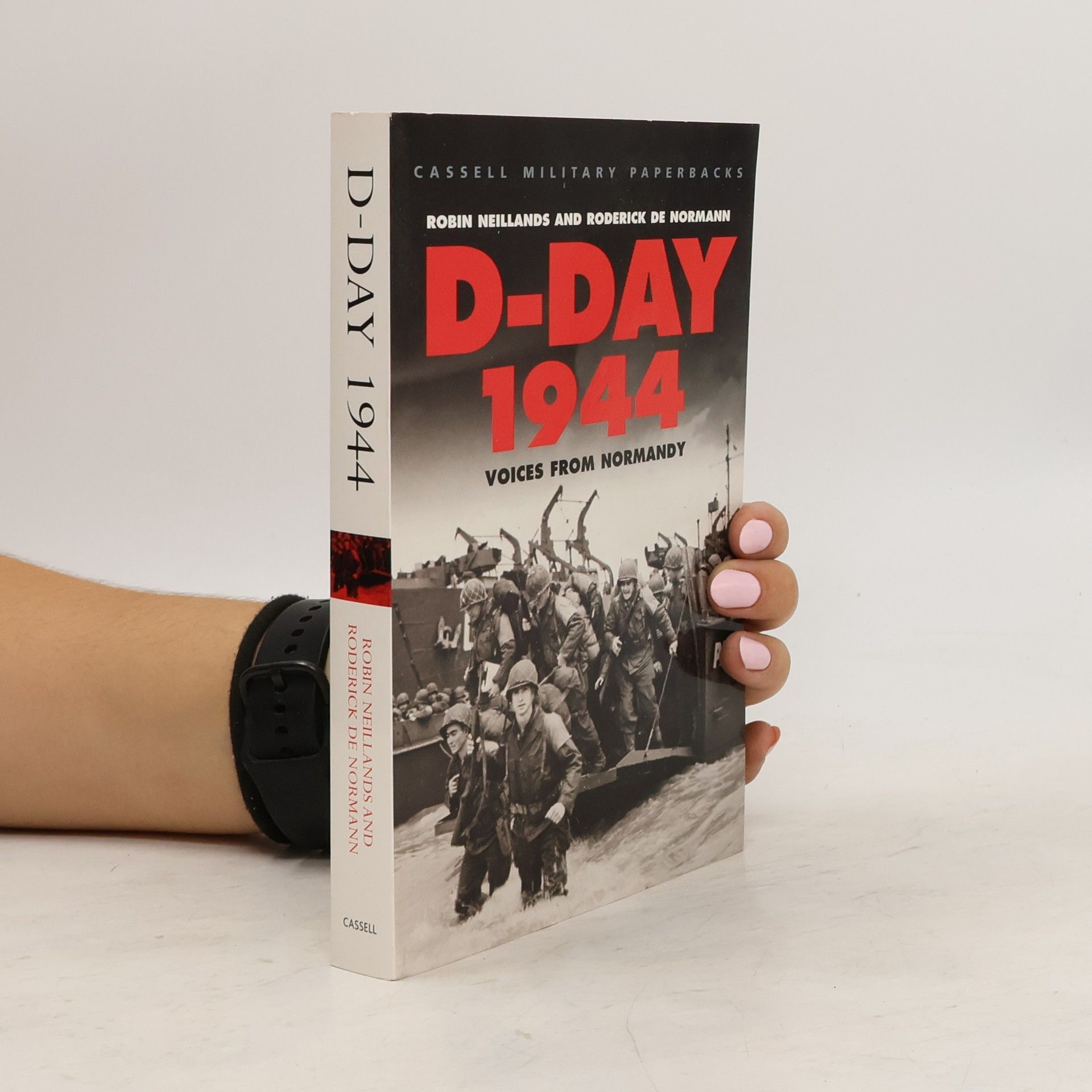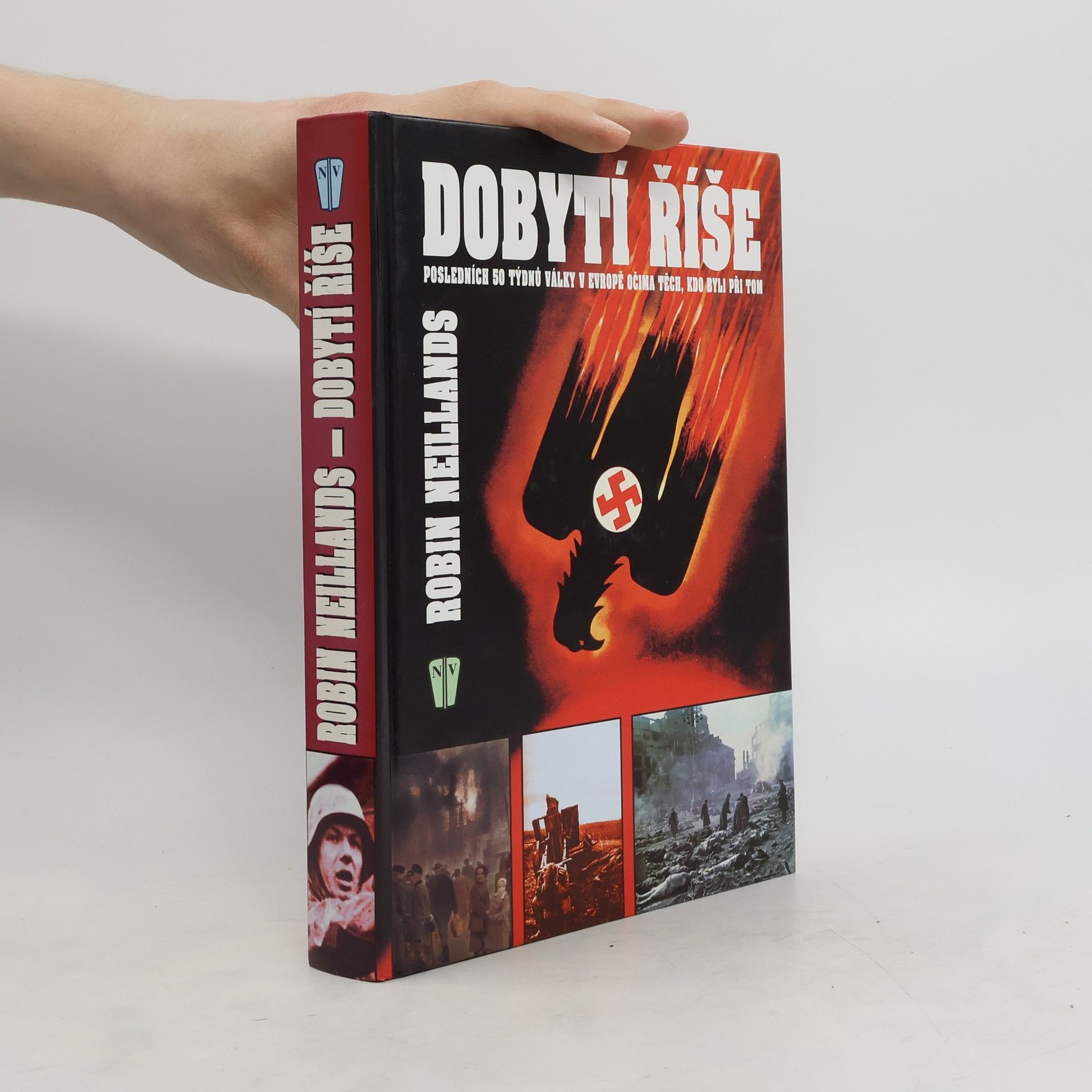Bitva o Rýn 1944
- 336pagine
- 12 ore di lettura
Sedm měsíců trvající boje, které spojenecká vojska sváděla po skončení bitvy v Normandii, byly vždy velice komplexní a kontroverzní. I po šedesáti letech vyvolávají mnoho otázek. Kdo byl skutečně odpovědný za neúspěch u Nijmegenu, za zničení britské 1. vzdušně výsadkové divize u Arnhemu a za krach operace Market Garden? Proč Montgomerymu hrozilo odvolání z funkce těsně poté, co napravil Bradleyho selhání v bitvě v Ardenách? Byla strategie generála Eisenhowera rozumná a Bradley s Pattonem ji podkopávali?













